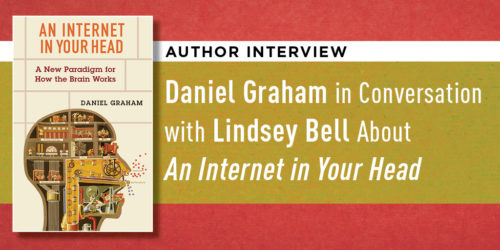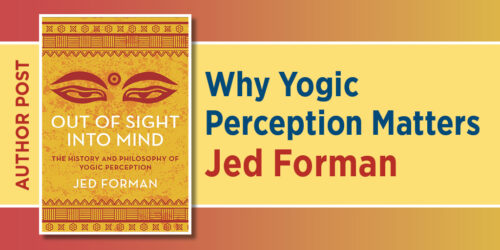Alan Wallace: "A True Revolution in the Mind Science"
We conclude our week’s feature on B. Alan Wallace’s Meditations of a Buddhist Skeptic: A Manifesto for the Mind Sciences and Contemplative Practice, with an excerpt from his epilogue in which he discusses the potential for a true revolution in the mind sciences:
In this series of essays I have focused primarily on breaking the ideological chains of materialism that shackle the minds of scientists and the modern world at large. Dogmatism and closed-mindedness creep into science as they do into every other tradition of inquiry, and Buddhism is no exception. But among scientists and Buddhists, there are many who are truly open-minded and willing to question their most deeply rooted assumptions, in terms of both beliefs and valid methods of inquiry. With mutually respectful collaboration between scientists and contemplatives of all traditions—not just Buddhism—a true revolution in the mind sciences may be launched, with profound repercussions for biology, physics, and our view of the universe at large. Such individuals are our hope for the future.
The essential message of this epilogue is that there is not one absolutely real world out there, whether it is described by science or by any other discipline of inquiry. The human tendency throughout history has been to reify one from among multiple worlds of possibility, thereby conceiving of a “universe,” literally meaning something that has been “turned into one.” As long as we are caught up in human conceptual theories, we are confined to one anthropocentric view of reality after another. As James concluded, “Thought deals thus solely with surfaces. It can name the thickness of reality, but it cannot fathom it, and its insufficiency here is essential and permanent, not temporary.” There is a way to escape the limitations of the human intellect, but it requires us to leave thought behind. This brings us to the practice of meditation and to the possibility of transcending the worlds of illusion. With this in mind, I return to meditation and leave the last word to William James:
I think it may be asserted that there are religious experiences of a specific nature, not deducible by analogy or psychological reasoning from our other sorts of experience. I think that they point with reasonable probability to the continuity of our consciousness with a wider spiritual environment from which the ordinary prudential man . . . is shut off.
1 Response
Leave a Reply
You must be logged in to post a comment.





the last sentence, in light gray type, can be bet on with your whole life. and should be.